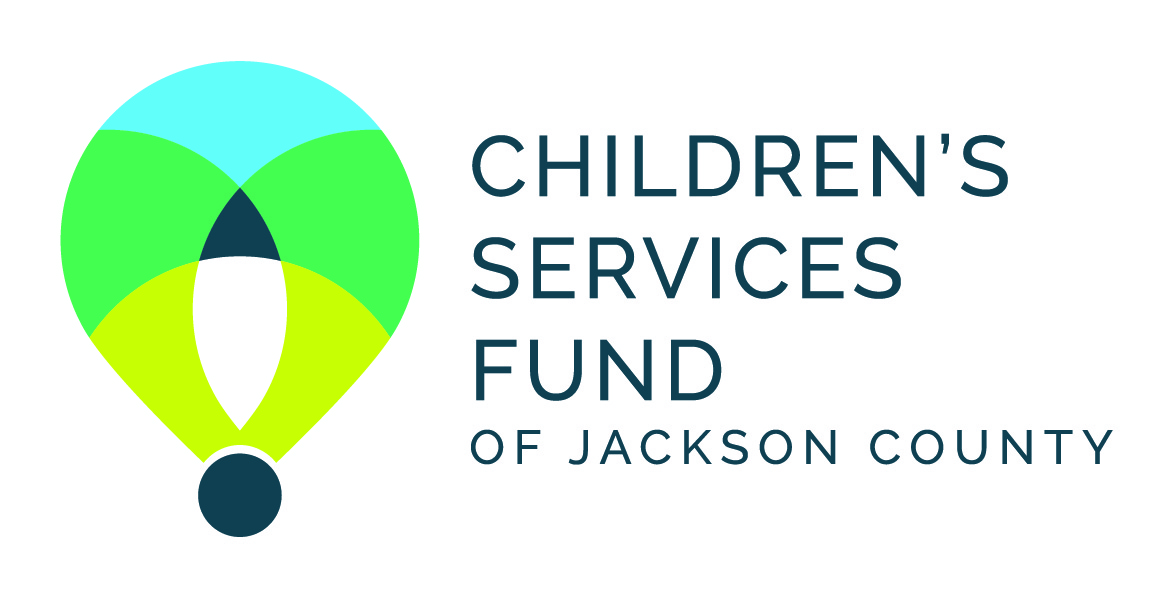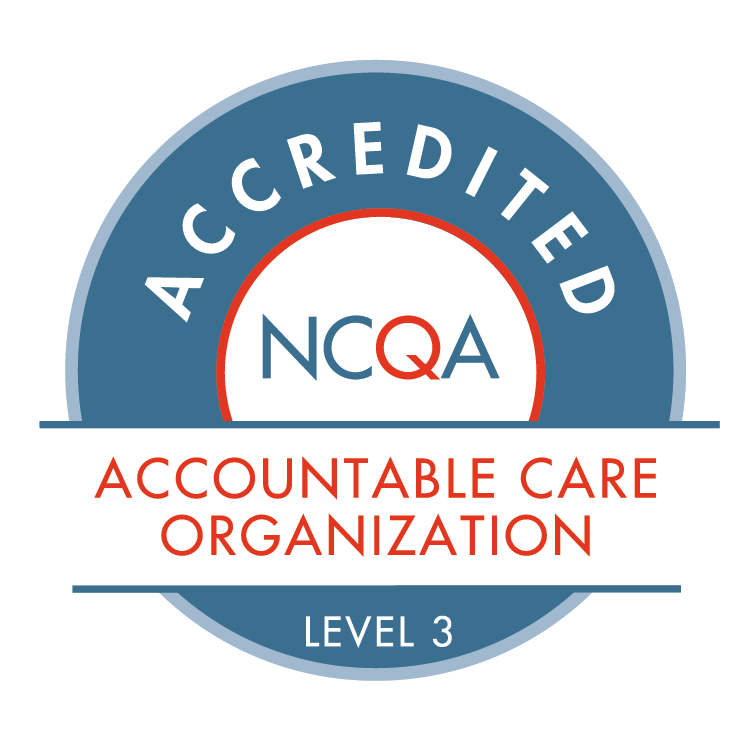Swope Health’s team approach to diabetes
November is National Diabetes Month, a time to focus on diabetes awareness, understanding and prevention.
At Swope Health, diabetes prevention and education are always in season.
Diabetes is a disease that occurs when your blood sugar (or glucose) is too high. Normally the body regulates glucose by producing insulin, which helps glucose get converted into energy in your cells. When your body doesn’t make enough insulin, the glucose, which comes from the foods you eat, can’t be converted into energy.
There’s no cure for diabetes, but it can be managed and even prevented.
Swope Health champions diabetes prevention and education with an innovative program that uses a diabetes checklist with every patient to look for early signs of diabetes-related complications.
As the primary diabetes-related issues are kidney disease, blindness, and amputations, patients are asked to complete lab tests to evaluate kidney function, have a vision screening and receive a foot exam at least once a year.
The vision screening occurs on-site, during the patient’s regular visit, using a hand-held device that sends images to an optometrist for review. Patients don’t need to schedule a separate visit to an optometrist.

In addition to the checklist, if any patients have uncontrolled diabetes, Swope Health provides extra support through an assigned Nurse Care Manager, regardless of a patient’s insurance status.
A team approach
The Nurse Care Manager checks in regularly with the patient, and provides support for any questions about medications, diet, or exercise. The support may include services of Swope Health’s dietitian in meal planning or other nutrition guidance.
In addition, the Nurse Care Manager identifies any issues that might serve as barriers to good health, including other medical needs, lack of access to fresh foods or transportation, and behavioral health challenges. Similar services are offered to Medicaid patients with uncontrolled diabetes through Swope Health’s Primary Care Medical Home program
“The Nurse Care Manager develops specific care plans with each patient,” Dr. Jamal said. “We help our patients set goals and achieve them.”
Despite pandemic-related disruptions, the results are promising. “We tend to have better outcomes with the personalized care of the Nurse Care Manager,” Dr. Jamal said.
Diabetes affects more than 9 percent of the population, according to the National Institutes of Health, an agency of the federal government. It affects one in four people over age 65, and often individuals are unaware they have the disease. Left untreated, diabetes can cause serious health problems including heart disease, stroke, kidney disease, eye problems, foot problems, dental disease and nerve damage.
The Missouri Department of Health and Senior Services says an estimated 38,000 people are diagnosed with diabetes in Missouri every year. Additionally, one in three Missourians have “prediabetes,” a condition in which blood glucose is higher than normal but not high enough to be diagnosed with diabetes.












Leave a Reply
Want to join the discussion?Feel free to contribute!